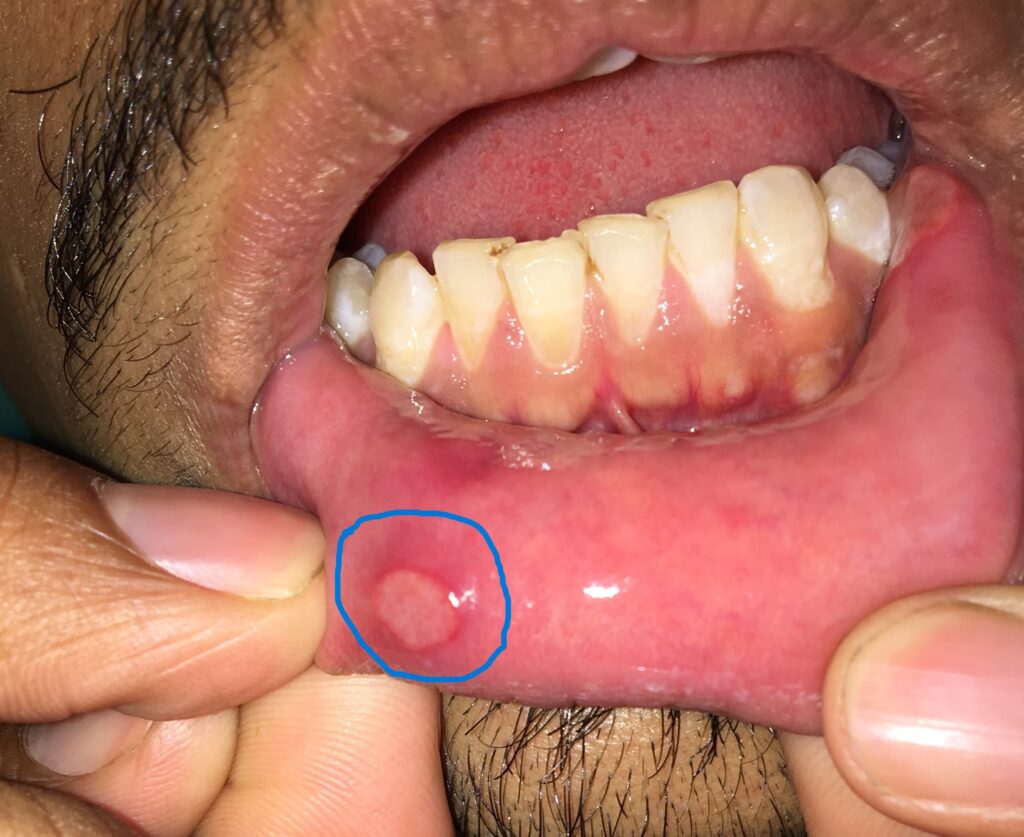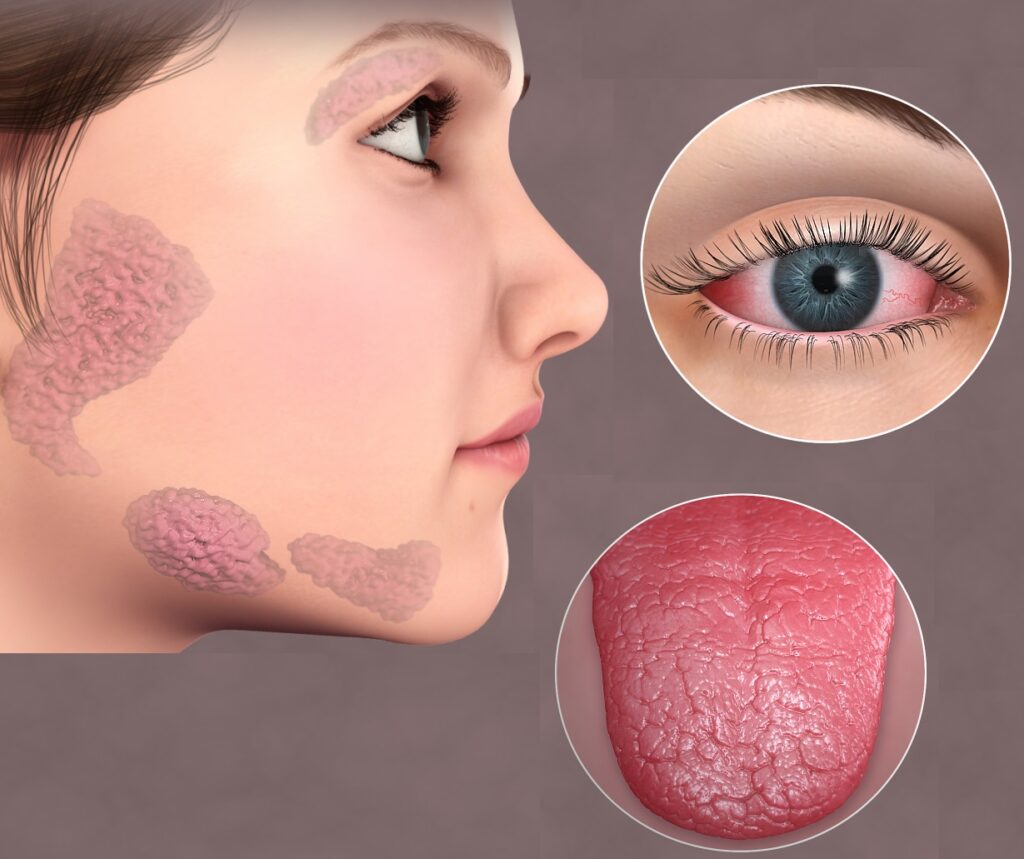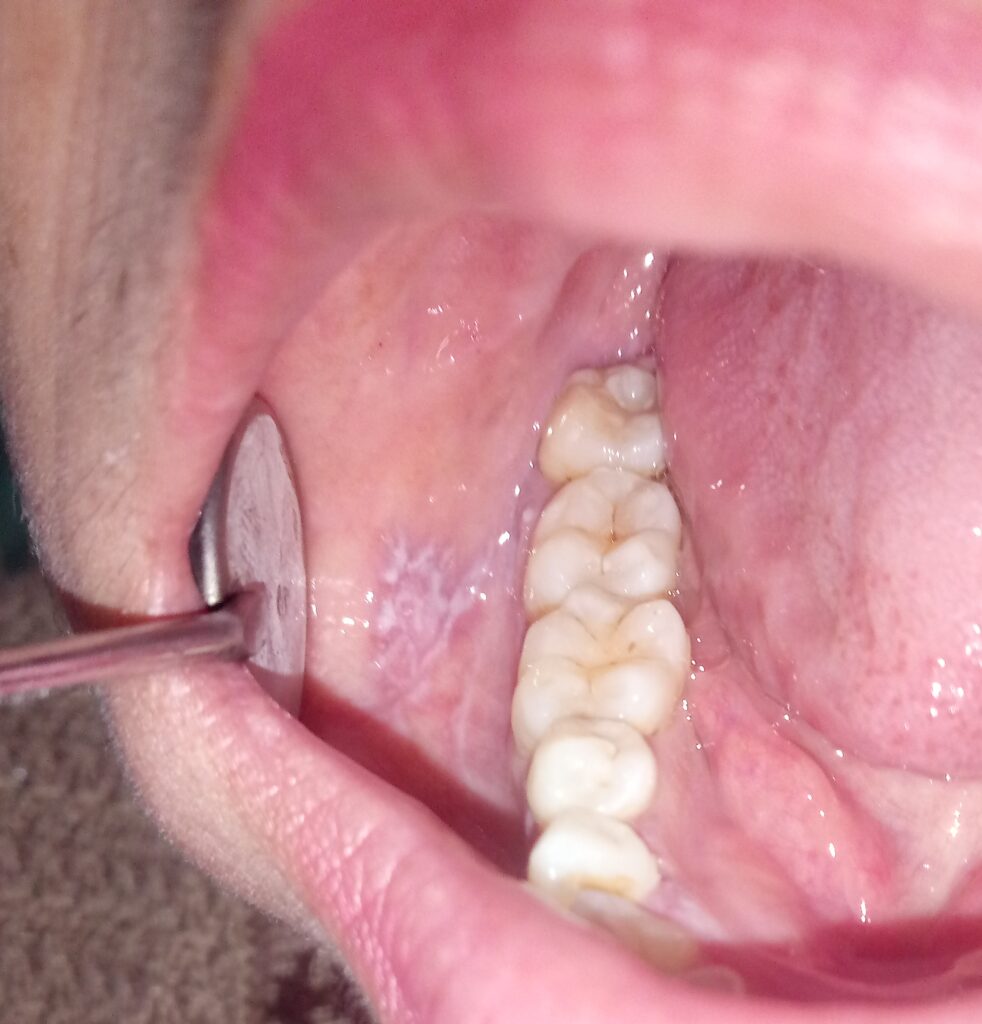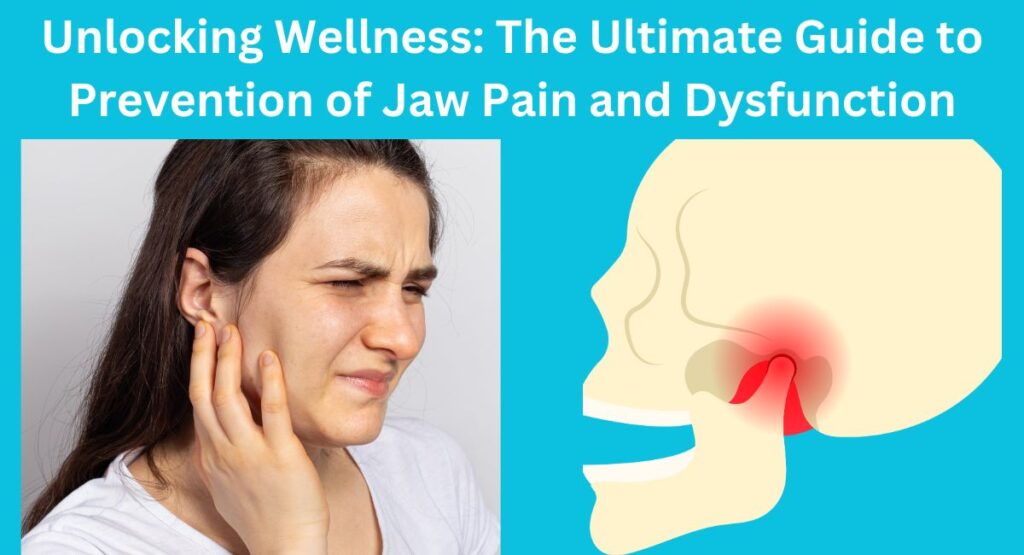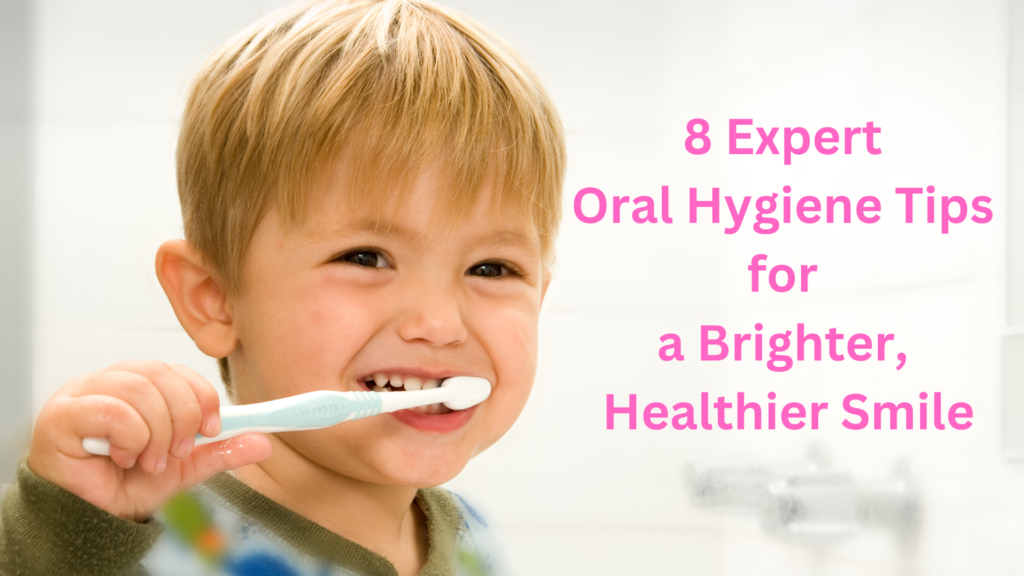
Oral Hygiene Tips
Teeth and mouth play an essential role in the process of digestion and absorption of nutrients. However, mouth contains the second largest and most diverse microbiota site after the gut. Furthermore, modern refined diet and poor oral hygiene practices have worsened the situation, and mouth became the source of continuous microbial inflammation. That’s why, tooth decay and gum disease are among the most common diseases that affects people of all ages.
Poor oral health can cause many systemic diseases, including heart attack, stroke, diabetes, cancers, infertility and other ill-effects on the body. In addition, enamel and dentin, the hard parts of the teeth, do not have blood supply, and if they are damaged, worn down or decayed, they cannot regenerate or repair themselves. Only a dentist can restore them.
Today’s Medical Science is well-equipped with advanced tools and techniques. But unfortunately, it focuses more on detection and treatments rather than on the cause and prevention of the disease. We too often spend time and money on correcting the problem but always ignore the actual cause of the problem. Prevention is the only solution to most of our problems.
Therefore, good oral health is essential for achieving overall well-being and quality of life, as it not only prevents systemic diseases but also enhances confidence and positivity. Maintaining healthy teeth requires a lifetime care, even if you have naturally attractive teeth. In this article, we will explore, expert oral hygiene tips for a brighter and healthier smile.
This post may contain affiliate links which means we may receive a small commission (at no additional cost to you) for purchases made through links. We include products we think are useful for our readers. Learn more on our Disclaimer page.
Oral Hygiene Tips
Maintain Good Oral Hygiene
Brush twice a day
Brush your teeth at least twice a day for two minutes each time, ideally after every meal, and especially before going to bed after dinner. It is important to use a soft-bristled toothbrush and fluoride toothpaste, using a circular motions, gentle and short strokes, and focusing on cleaning all teeth surfaces, including between the teeth and below the gumline. During brushing, it is important to not only clean the teeth but also to prevent wear of the teeth surfaces from the brushing action.
Manual extra soft bristled toothbrush
Manual extra soft toothbrush for kids
Electric toothbrush for adults
Electric toothbrush for kids
Fluoride toothpaste
Always use toothpaste approved by your country’s dental association with a relative dentin abrasivity (RDA) score of 250 or less. Although toothpaste choice is a personal preference, it is preferable to choose a fluoride toothpaste as it can aid in repairing tooth enamel. It is recommended to avoid using teeth cleaning powder or teeth whitening strips as they can be more abrasive, potentially causing damage to teeth. Additionally, it is also necessary to avoid toothpaste marketed as tarter or stain removal, or teeth whitening paste as they may also be abrasive and can cause tooth to wear down. Some studies have suggested that patients may experience tooth sensitivity and adverse soft tissue reactions when using the tarter-control toothpastes.
Fluoride toothpaste for adults
Fluoride toothpaste for kids
Floss daily
Floss your teeth at least once a day, especially after dinner before going to bed. Floss is not a substitute for a toothbrush, but it is equally important. It removes plaque from hard-to-reach areas between the teeth where a toothbrush cannot reach. It is important to remember that flossing is as important as brushing, and you should never stop doing it, even if you encounter difficulties. You can use a floss holder, or other flossing aids if you are unable to reach certain areas of your teeth with traditional flossing methods. Flossing not only removes plaque but stimulate gums, and help reduce inflammation in the area.

How to floss your teeth
Dental floss
Dental floss with holder and replaceable head
Dental floss picks
Water floss
A water flosser, also known as oral irrigator, is a handheld device that uses a stream of water to remove food debris and bacteria from between the teeth and below the gumline. While water flossers are excellent for removing large pieces of food debris, they can’t scrape away plaque from your teeth surfaces. It can be particularly helpful for patients with braces or dental appliances because cleaning appliances or braces with regular brushing and flossing alone can be difficult. It can also be beneficial for patients with limited physical dexterity and hospitalized patients. Therefore, it is still recommended to use traditional flossing techniques in addition to water flossing.
Dental water flosser
Dental cordless water flosser
Clean your tongue
It is recommended to gently clean your tongue as part of your routine oral hygiene care. Using a tongue brush or tongue scraper, you can remove any food debris left on your tongue after brushing your teeth. This can help prevent the build-up of plaque on your teeth, which can lead to tooth decay and gum disease. Therefore, cleaning your tongue is an important aspect of maintaining good oral health.
Stainless steel tongue scraper (close-end)
Tongue brush
Mouthwashes
It is recommended to avoid using anti-germ mouthwashes on a daily basis, unless advised by your doctor. These mouthwashes should only be used in specific situations and for specific period, such as during acute infections, hospitalization, or postoperative phase. In general, mechanical measures like toothbrushing and flossing have been proven to be more effective in keeping teeth free from plaque than chemical measures like mouthwashes and antibiotics. Mouthwashes can also lead to regular exposure to chemicals, including antibiotics. However, it is acceptable to occasionally use a small amount to freshen your breath and combat bad odor.
Antiseptic mouthwash (Alcohol-containing)
Antiseptic mouthwash (Alcohol-free)
Regular dental visit
Even if you clean your teeth regularly, it is still important to visit your dentist regularly. This is because:
- Certain areas, such as the back teeth and areas between teeth, are difficult to clean with brushing and flossing alone, and tarter build-up cannot be removed without professional cleaning by a dentist.
- Early detection of problems can lead to better treatment outcomes and prevent the need for more costlier procedures in the future.
- Your dentist can give a personalized guidance on how to improve your oral health measures.
Visit your dentist regularly for check-up and professional cleaning, at least every six months. The frequency of dental visits should be dependent on your oral health and your dentist’s recommendations.
People who need dental visit more often include:
- People with dry mouth, often caused by medications or aging. Saliva plays a crucial role in protecting the teeth and gums by helping to wash away food particles and bacteria.
- Those who lack the physical dexterity to thoroughly brush their teeth.
- Those who have limitations in their ability to understand or carry out a proper dental hygiene routine.
- Those with crooked or crowded teeth.
- Those who wear braces to correct misaligned teeth.
- Those who have dental appliances, restorations, or bridges.
- Those who have restricted mouth opening.
Eat healthy foods
To promote good oral health, it is important to limit your intake of sugary and acidic foods and drinks, and instead consume a diet rich in nutritious foods, such as fresh vegetables and fruits. These foods are good for oral health because they contain high amounts of fiber which require chewing and help to cleans your teeth. Additionally, consuming a diet rich in vitamins and minerals found in fruits and vegetables can help strengthen your teeth and gums. The harder-to-chew foods provide benefits not only to teeth health but also to gut health and overall well-being.
Chew your food
Chewing your food thoroughly not only helps in a self-cleansing process, but also kickstart the digestion, paving the way for a healthier and more efficient nutrient absorption. Additionally, the act of chewing stimulates the production of saliva, which helps to wash away debris and harmful bacteria that can contribute to the formation of dental plaque. Chewing food properly is crucial, especially in younger individuals as it exercises the jaws to accommodate teeth and facilitate optimal digestion and nutrient absorption, which are critical for overall growth and development.
Drink water
It is recommended to drink water after every meal. This can help wash out sticky and acidic foods and drinks in between brushes. It also helps promote saliva production. Thus, drinking an adequate amount of water can not only promote good oral health, but also improve overall health.
Avoid use of tobacco
While tobacco use may enhance the development of dental plaque and tarter build-up, it is also a well-known risk factor for various types of cancer.
Self-examination
Periodic self-examination of your teeth and mouth is also crucial to maintain good oral health and detect any potential issues early on.
Other preventive measures
Dental sealants: It seals the natural pits and fissures present on the top chewing surfaces of your teeth, and thus prevent plaque from forming on those surfaces.
Fluoride Treatment: Fluoride is known to effectively slow down the growth of plaque-causing bacteria, while also providing a protective seal over the micro pits and fissures that naturally occur on the teeth.
Dry mouth: If you experience dry mouth, it is important to consult your oral physician for proper diagnosis and treatment. It is advisable to drink ample amount of water and rinse your mouth after each meal in order to promote good oral hygiene and overall health. You may find relief by using over-the-counter available salivary substitutes.
Treatment for crooked or crowded teeth – Can prevent plaque build-up and improve dental health.
Conclusion
A high quality of life and good overall health cannot be complete without good oral health. Oral hygiene is the most effective and affordable method of preventing not just oral but systemic diseases, and thereby improving overall well-being. All you need is to start early and practice consistently throughout the life.




